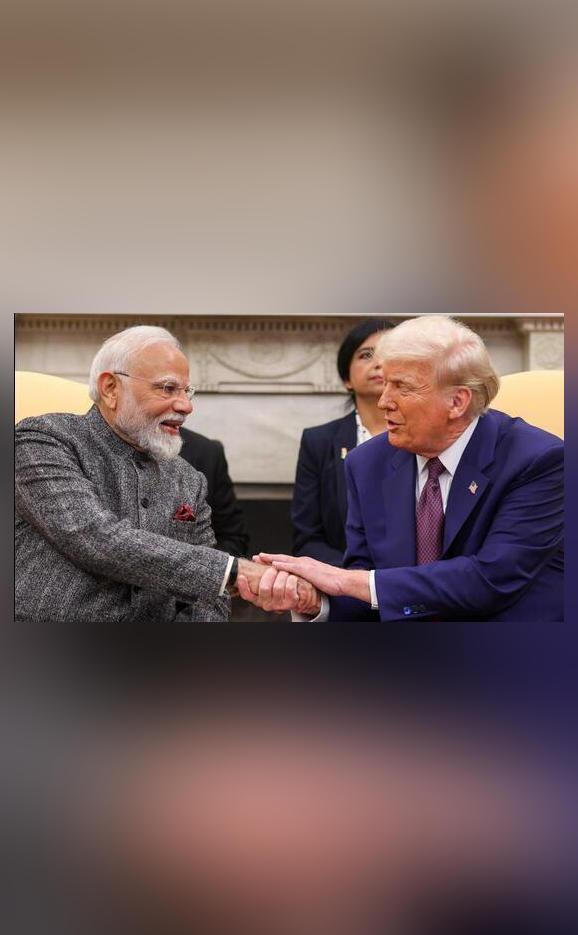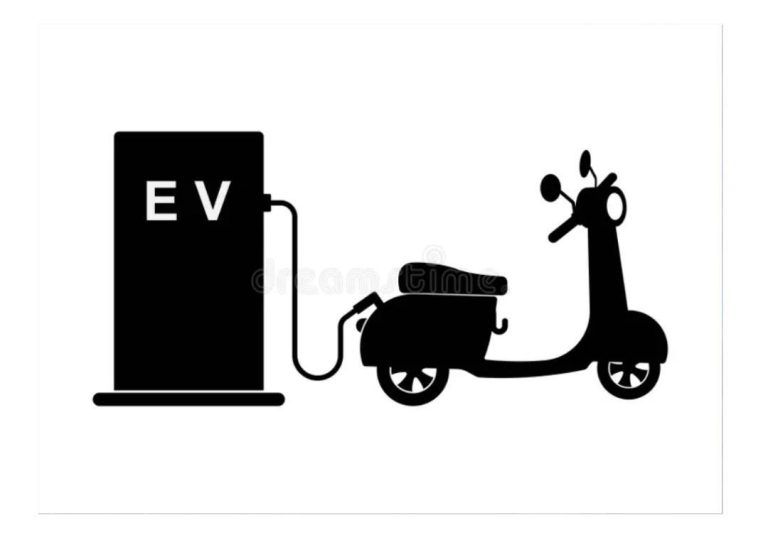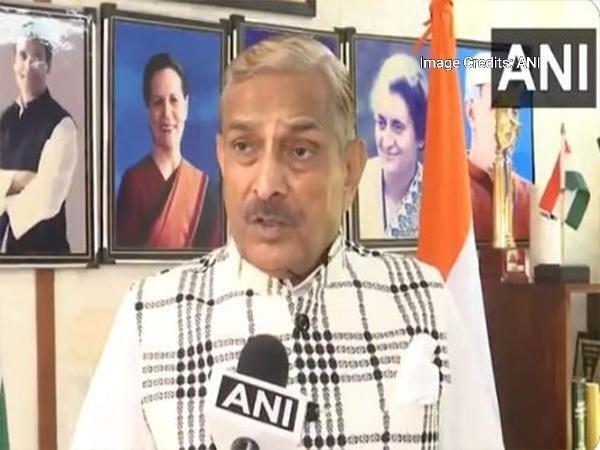
Title: Trump’s Tough Talk on India a Tactic than True Trade War: O’Neill
In a recent exclusive interview, renowned economist Lord Jim O’Neill has stated that US President Donald Trump’s tough talk on India is more of a tactic than a true trade war. Trump had earlier called India a “big abuser” in trade and threatened to implement “reciprocal tariffs” against the country. However, O’Neill believes that Trump’s aggressive stance is not a genuine attempt to start a trade war, but rather a tactic to negotiate better trade deals.
O’Neill, a former Goldman Sachs executive and chairman of Goldman Sachs Asset Management, has been a vocal critic of Trump’s trade policies. He has consistently argued that Trump’s tariffs are not an effective way to address trade imbalances and have instead led to a decline in global trade. In his interview, O’Neill stated that Trump’s recent criticism of India is part of a larger pattern of aggressive behavior towards almost every country in the past four weeks.
“I think Trump has been openly aggressive toward almost every country in the past four weeks, but I don’t think he truly means it,” O’Neill said. “He’s a negotiator, and he’s a master of using tactics to get what he wants. I think he’s trying to get leverage, to get a better deal, and to get people to back down.”
O’Neill’s comments come at a time when the US and India are engaged in a trade dispute over issues such as tariffs, agriculture, and intellectual property. The US has been critical of India’s tariffs on American goods, including farm products and automobiles, and has threatened to impose retaliatory tariffs on Indian goods. India, on the other hand, has been pushing for greater access to the US market for its goods and services.
Despite the tensions, O’Neill believes that a trade war between the US and India is unlikely. He pointed out that both countries have a lot to lose from a trade war and that they are unlikely to engage in a prolonged conflict. Instead, he predicted that the two countries will eventually come to a compromise that will benefit both sides.
“I think they’ll find a way to compromise, and I think they’ll find a way to get a better deal,” O’Neill said. “But I think it’s going to be a long and difficult process, and I think there will be a lot of noise and a lot of rhetoric along the way.”
O’Neill’s views are echoed by other economists and trade experts who have argued that Trump’s trade policies are more about rhetoric than reality. They point out that the US has a long history of trade disputes with other countries, and that Trump’s approach is not significantly different from that of previous administrations.
Despite the controversy surrounding Trump’s trade policies, O’Neill believes that the US economy is resilient and can withstand the fallout from a trade war. He pointed out that the US has a strong economy and a large trade deficit, and that it is unlikely to be significantly impacted by a trade war.
“I think the US economy is strong enough to withstand a trade war, but I also think that a trade war is not good for anyone,” O’Neill said. “It’s not good for the US, it’s not good for India, and it’s not good for the global economy. I think we should be trying to find ways to reduce trade barriers and to increase trade, not to reduce it.”
In conclusion, Lord Jim O’Neill’s comments highlight the complexities of the US-India trade dispute and the importance of finding a compromise that benefits both sides. While Trump’s tough talk on India may be a tactic to negotiate better trade deals, it is important for both countries to engage in constructive dialogue and to find a solution that promotes mutual understanding and cooperation.





